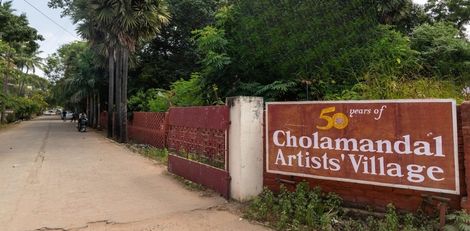Breaking the Silence Around Erectile Dysfunction

In conversations around infertility, men are often missing from public dialogue and yet, quietly burdened in private. While societal narratives have long placed the weight of infertility on women, the reality is that nearly half of all infertility cases involve male factors, either independently or in combination. Among these, erectile dysfunction remains one of the least acknowledged yet most critical contributors to a couple’s struggle to conceive.
As a reconstructive urologist working closely with men and couples navigating infertility, I have seen how erectile dysfunction is far more than a physical symptom. It affects identity, relationships, self-worth, and the very sense of masculinity particularly in a cultural context like India, where sexuality is still draped in stigma.
Erectile dysfunction, by definition, is the persistent inability to achieve or maintain an erection sufficient for satisfactory sexual performance. But in practice, it is never just a physiological issue. In many cases, it is a signpost that is pointing toward deeper vascular, hormonal, metabolic or psychological imbalances. For instance, in men below the age of 50, ED is often the first visible symptom of cardiovascular disease. In others, it may signal diabetes, chronic stress, or hormonal irregularities, including low testosterone.
In India, the burden of erectile dysfunction is significant but grossly underreported. Based on clinical experience and limited prevalence data, it is estimated that one in ten Indian men may experience ED during their lifetime, although very few seek help. A mix of cultural taboo, misinformation, and the fear of being perceived as inadequate keeps most men from approaching a doctor until the condition becomes deeply distressing or begins to affect their marital and reproductive life.
There are several myths that contribute to this silence. These misconceptions are not just misleading, they often delay diagnosis and create unnecessary psychological stress. Some of the most common ones include:
ED only affects older men – In reality, erectile dysfunction is increasingly seen in younger men due to lifestyle factors, stress, and undiagnosed health conditions.
It’s all in the mind – While psychological factors can contribute, over 80 per cent of persistent ED cases have a physical basis, ranging from vascular disease to diabetes or hormonal imbalances.
Men with ED are infertile – Erectile dysfunction and infertility can coexist, but one does not imply the other. Many men with ED have normal sperm function.
There is no real treatment only pills – In truth, treatment options range from medication and counselling to advanced reconstructive procedures like penile prosthesis implantation, with excellent outcomes when appropriately chosen.
At Apollo Hospitals, our approach to male infertility and sexual dysfunction is rooted in compassion, discretion, and science. Diagnosis begins with a detailed clinical evaluation, and where necessary, we employ penile doppler imaging, horormone panels, and metabolic assessments. In many cases, ED responds well to non-invasive interventions including lifestyle modification, counselling, and oral medication. For patients with anatomical or severe vascular issues, we may offer advanced microsurgical and prosthetic procedures, including penile implants and vascular reconstruction. These surgeries, once considered niche, are now globally recognised as gold-standard treatment in appropriate cases, with high long-term satisfaction among patients and their partners.
Over the years, I have seen men reclaim not just their reproductive health, but their emotional well-being and confidence. This happens only once they are given the space to be heard and the reassurance that help exists. The challenge in India, however, goes beyond medicine. We need to normalise the act of seeking care. That begins with conversations in clinics, in families, and at large in the open, wherein male reproductive health is acknowledged not as a source of shame, but as a medical concern like any other.
We must also recognise the central role of partners in this journey. When men feel supported and not judged, they are far more likely to pursue treatment. In fact, some of the most successful outcomes I have witnessed came from couples who approached infertility as a shared concern and not a verdict on one person’s body.
Around the world, male infertility is being addressed with a multidisciplinary lens. India is slowly moving in that direction. We need more awareness, more trained specialists in male reproductive urology, and more accessible clinics where men can speak openly, be examined thoroughly, and receive treatment that respects both their biology and their dignity.
Erectile dysfunction is common and it is treatable. I would that in most cases, it is not the end of the road, it is simply a detour that needs medical attention. My hope is that we continue to dismantle the taboo, one conversation at a time, and help men understand that seeking help is not a weakness but an act of courage. And healing, when done right, does not just restore function it restores confidence, relationships, and hope!
Dr. Sandeep Bafna, Consultant Reconstructive Urologist







